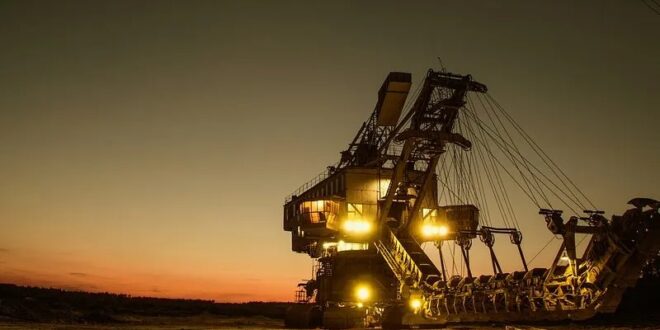A forum based on Future Minerals is a discerning and defining choice for the region that aligns fully with Saudi Arabia’s Vision 2030 as it transitions from a global leader in energy based on fossil fuels to a global leader in energy based on renewables.
The shift to renewable energy sources will also require a substantial increase in metals and minerals for energy storage. But this electrification is heavily dependent on the fresh supply of raw materials — the minerals for a clean energy future.
Lithium, nickel, manganese, cobalt, copper and platinum group metals and rare earth elements will be the drivers of the transition to electrification. Some of them are already in short supply as demand is rising and structural deficits emerge from 2025 according to Benchmark Mineral Intelligence.
Establishing new and resilient supply chains that align with transparent pricing is therefore vital on the path to decarburization. Right now, the supply of many of these critical minerals is concentrated in a handful of countries. However, there are many others with potentially abundant supplies that can be explored in order to source these critical minerals and metals in a responsible way and in compliance with high-quality standards.
Saudi Arabia is currently one of the world’s top suppliers of oil but seven years ago it embarked on an ambitious transformational path as laid out in its Vision 2030 seeking to diversify its economy away from fossil fuels.
As part of this effort, the Kingdom prioritized the development of its mineral resources as a third economic pillar, focusing not only on the upstream aspect of the industry but on developing all parts of the metals and mineral supply chain.
This agenda quickly turned Saudi Arabia into an attractive destination and EV Metals Group was among the first movers in the country thanks to the alignment of our strategic priorities. For us, the top priority is to produce high-quality battery chemicals in a responsible and transparent way.
For Saudi Arabia, the priority is to build supply chains that will contribute to long-term economic growth. When it comes to metals and minerals, the supply chains that the Kingdom has in mind extend far beyond mining and processing. Working closely with lead agencies in the Kingdom, we will be commencing build on the first stage of a Battery Chemicals Complex in 12 months time.
I understand there are investment plans under way for an electric vehicle battery cell plant in Saudi Arabia and an electric vehicle manufacturing capacity demonstrating the Kingdom is making significant steps in becoming a global success story in the future minerals narrative.
However, there are many other countries in the region that have the metals and minerals to feed the growing electric vehicle and energy storage industry, and some of these resources are yet to be tapped.
The Future Minerals Forum that Saudi Arabia is launching this week aims to bring these countries together to discuss the best ways to go about this, drawing on the experience and know-how of those involved in the exploration and development of such resources.
The world of tomorrow will need massive amounts of future minerals as the energy transition gathers pace. Securing these minerals will not be an easy task as mining projects take a lot of time to launch. This is why EVM will bring in intermediate products from western Australia to feed the Battery Chemicals Complex until the localized supply chain is established.
We see the Future Minerals Forum establishing itself as a key event to highlight not only the importance of these key minerals and metals, but to close the supply chain gap between in-situ resources to global chemicals companies and battery cell manufacturers — something that is not currently being addressed.
 Eurasia Press & News
Eurasia Press & News



